Fresh coconut, avocado, custard apple, rose apple, citrus fruits and frozen fruits will be the next Vietnamese agricultural products that China will promote to open its market.
In the Vietnam-China Joint Statement on December 13 during Xi Jinping's visit, China said it would open its market for many potential agricultural products from Vietnam, including fresh coconuts, frozen fruit products, citrus fruits, avocados, custard apples, and rose apples from Vietnam exported to this country.
Other items such as oriental medicinal herbs of plant origin, beef, pork, livestock and poultry products are also facilitated for import by neighboring countries.
On the contrary, Vietnam will increase sturgeon imports from China, exchange and promote the healthy development of related fields and professions.
Over the past three years, Vietnam has focused on improving the quality and traceability of agricultural products, so the output of these products exported to China has skyrocketed. In 10 months, China spent more than 3.2 billion USD importing fruits and vegetables from Vietnam, bringing the total agricultural import turnover to a record of over 7.5 billion USD.
In general, Vietnamese agricultural products exported to China account for more than 10% of the market share in this country. Of which, Vietnamese durian contributes 25% market share, mango over 10% here.
14 types of agricultural products, of which 9 fruit products are officially exported (dragon fruit, longan, rambutan, mango, jackfruit, watermelon, banana, mangosteen, durian) bring in billions of USD in revenue.
Watermelon is the next fruit to be officially imported into China, according to the Protocol signed between the two countries during Xi Jinping's visit.
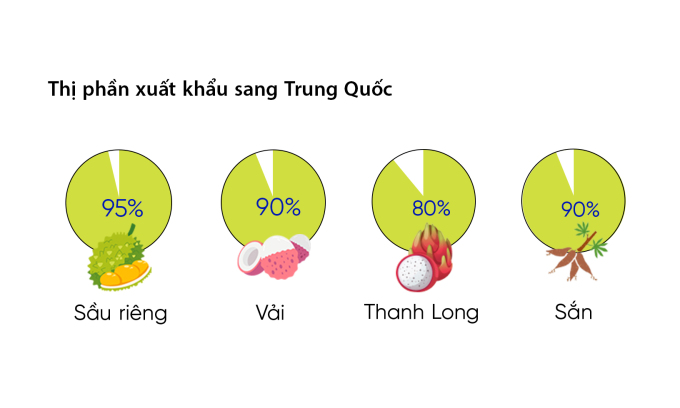
Some agricultural products account for a high proportion in the "basket" of goods exported to China. Graphics: Do Nam
According to the Ministry of Industry and Trade, China is currently Vietnam's largest trading partner, with two-way trade turnover reaching 235 billion USD in 2022, more than four times higher than in 2014.
In today's joint statement, the two countries also agreed to apply measures to expand the scale of bilateral trade in a balanced and sustainable manner. Measures to ensure the smooth supply chain of goods, pilot smart border gates at the Tan Thanh - Po Chai and Huu Nghi border gates to increase customs clearance efficiency were also agreed to be promoted by the two countries.
Agriculture, infrastructure, energy, digital economy, and green development will be new industrial sectors in which the two countries will promote investment and cooperation.
Vietnam encourages and supports enterprises with capacity, reputation, and advanced technology to invest, and vice versa, in areas that each country has needs and development strategies, according to the Joint Statement.
Projects using non-refundable aid capital from the Chinese Government, such as the project to build a new facility 2 of the Traditional Medicine Hospital, will be accelerated.
The two countries' leaders also agreed to increase bilateral and multilateral cooperation in key mineral sectors based on market principles and a practical, sustainable spirit, ensuring security of the energy production and supply chain.
Source link


![[Photo] General Secretary To Lam receives Japanese Ambassador to Vietnam Ito Naoki](https://vstatic.vietnam.vn/vietnam/resource/IMAGE/2025/4/3/3a5d233bc09d4928ac9bfed97674be98)
![[Photo] Prime Minister Pham Minh Chinh chairs the first meeting of the Steering Committee on Regional and International Financial Centers](https://vstatic.vietnam.vn/vietnam/resource/IMAGE/2025/4/3/47dc687989d4479d95a1dce4466edd32)
![[Photo] Ho Chi Minh City speeds up sidewalk repair work before April 30 holiday](https://vstatic.vietnam.vn/vietnam/resource/IMAGE/2025/4/3/17f78833a36f4ba5a9bae215703da710)

![[Photo] Prime Minister Pham Minh Chinh chairs meeting after US announces reciprocal tariffs](https://vstatic.vietnam.vn/vietnam/resource/IMAGE/2025/4/3/ee90a2786c0a45d7868de039cef4a712)
![[Photo] A brief moment of rest for the rescue force of the Vietnam People's Army](https://vstatic.vietnam.vn/vietnam/resource/IMAGE/2025/4/3/a2c91fa05dc04293a4b64cfd27ed4dbe)
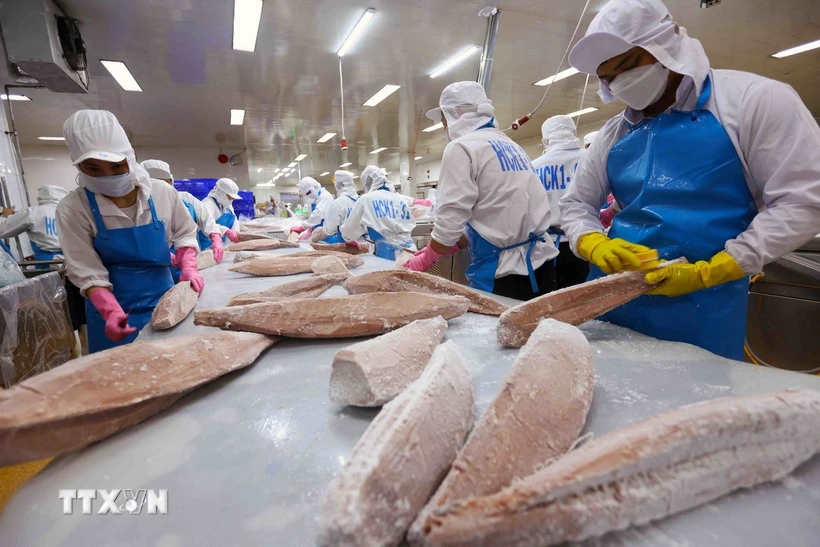



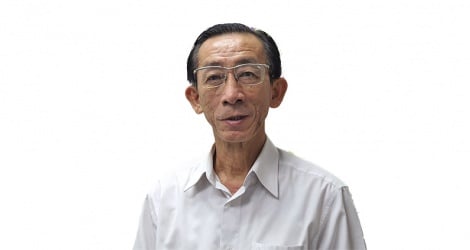

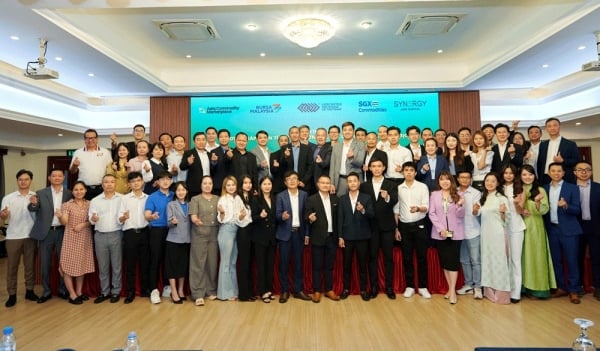

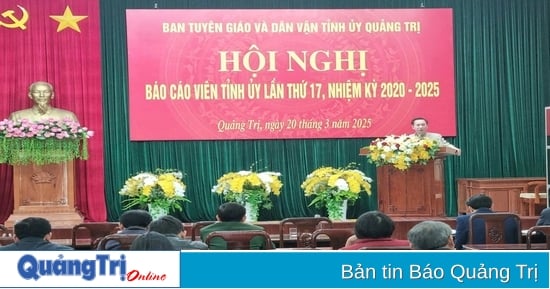

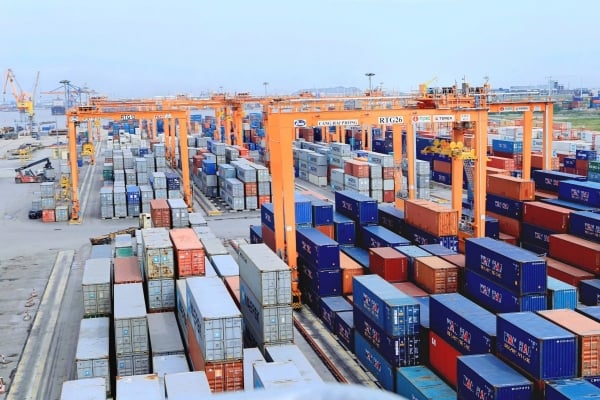
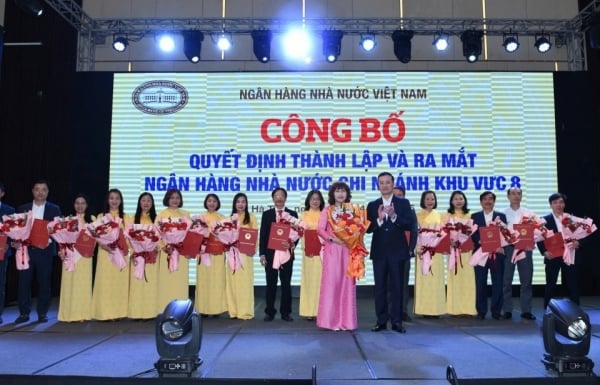


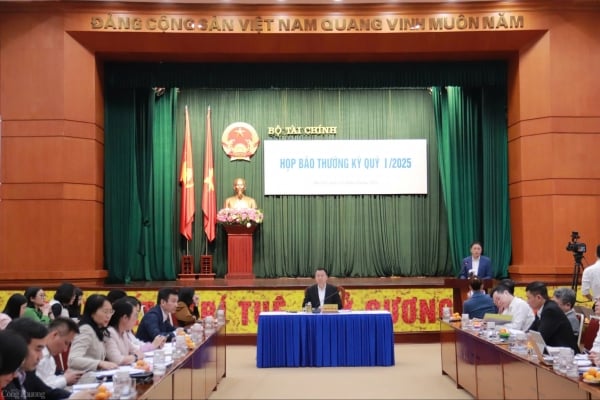
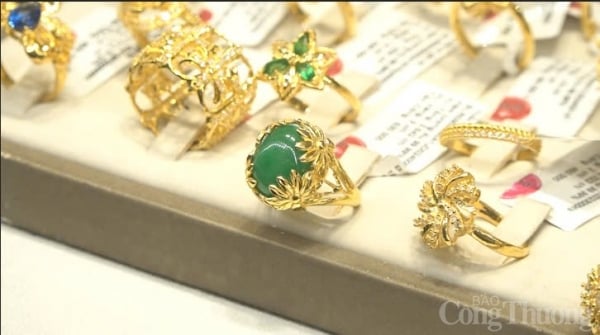
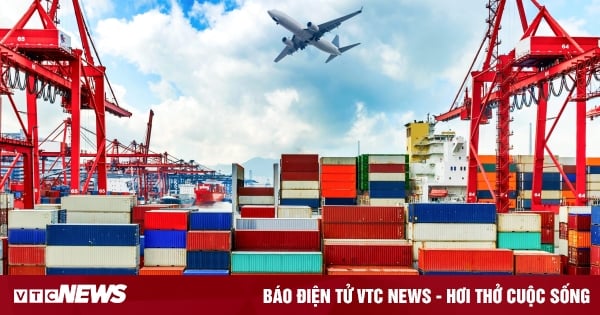





















































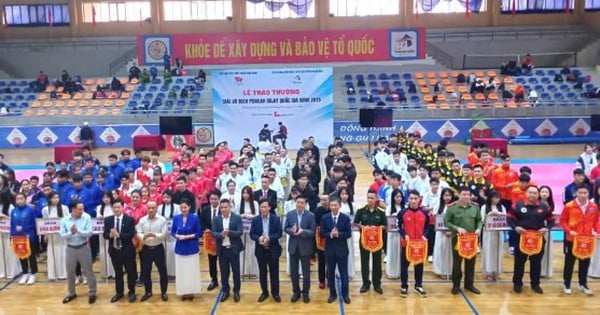


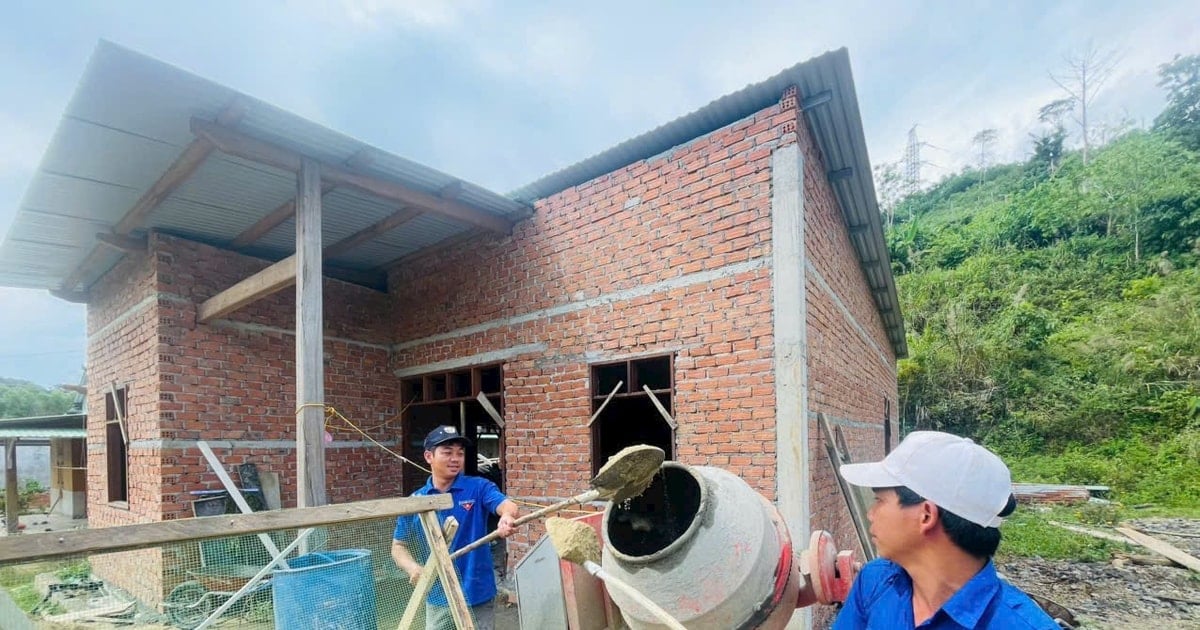
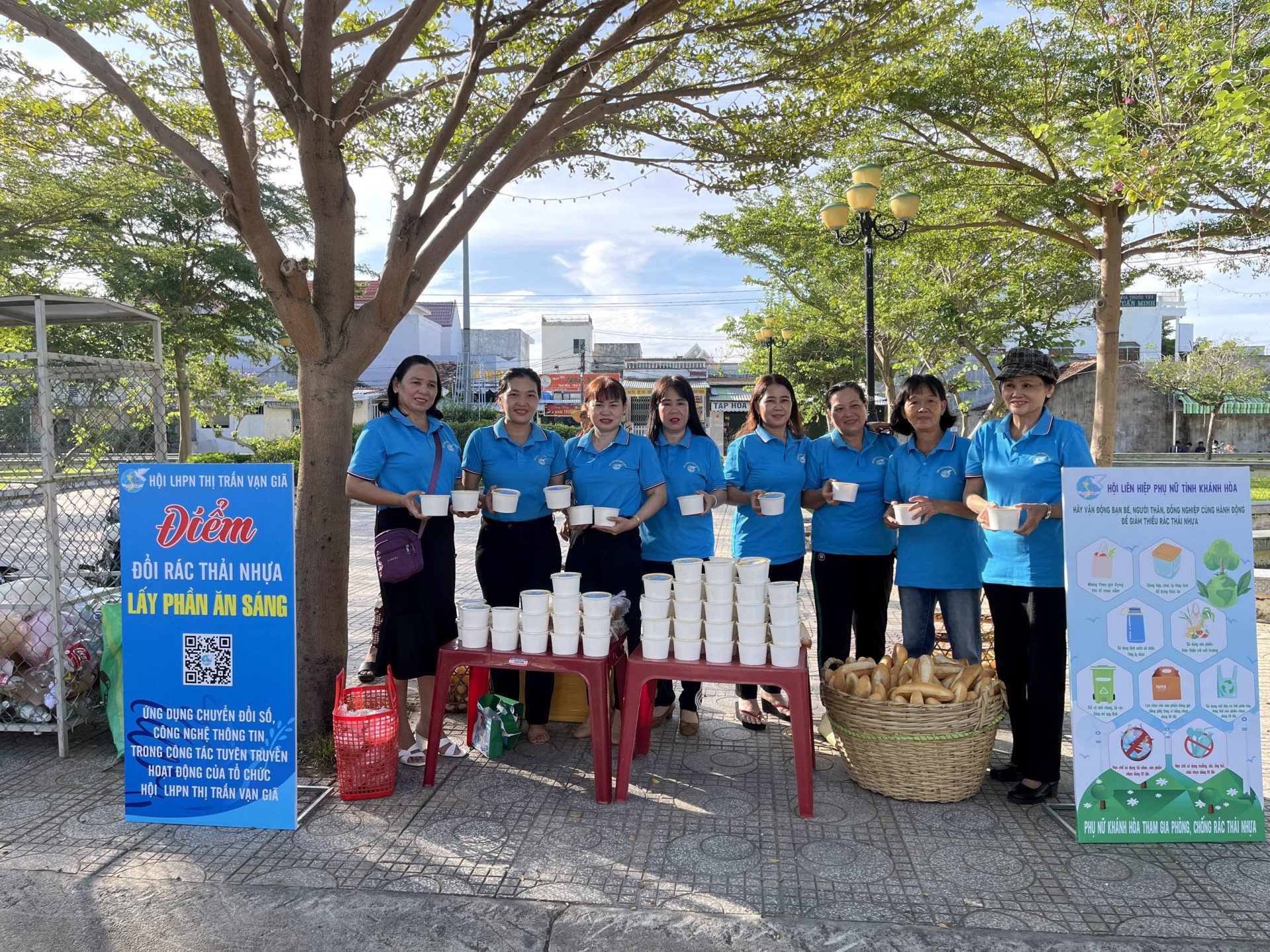




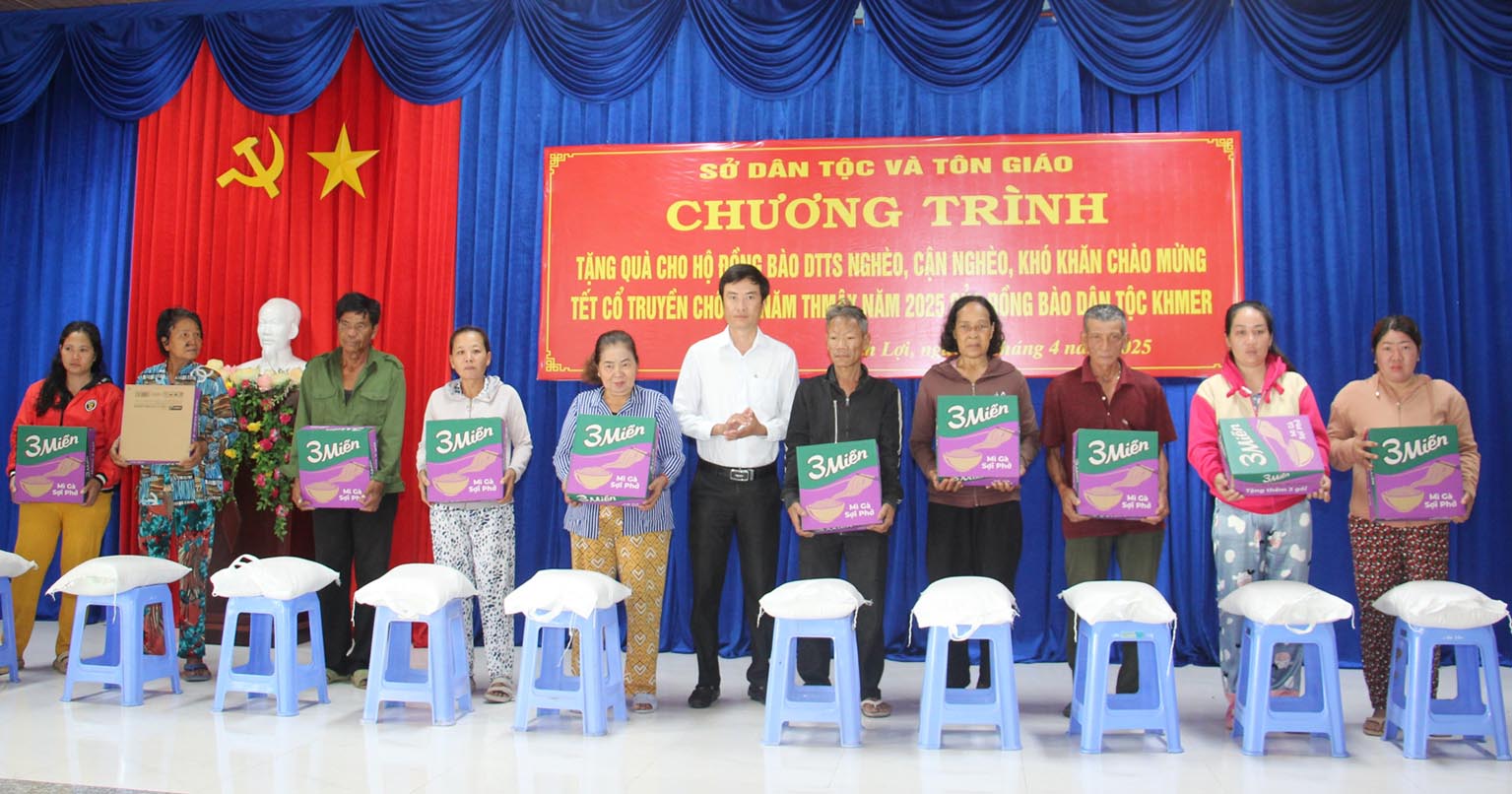












Comment (0)